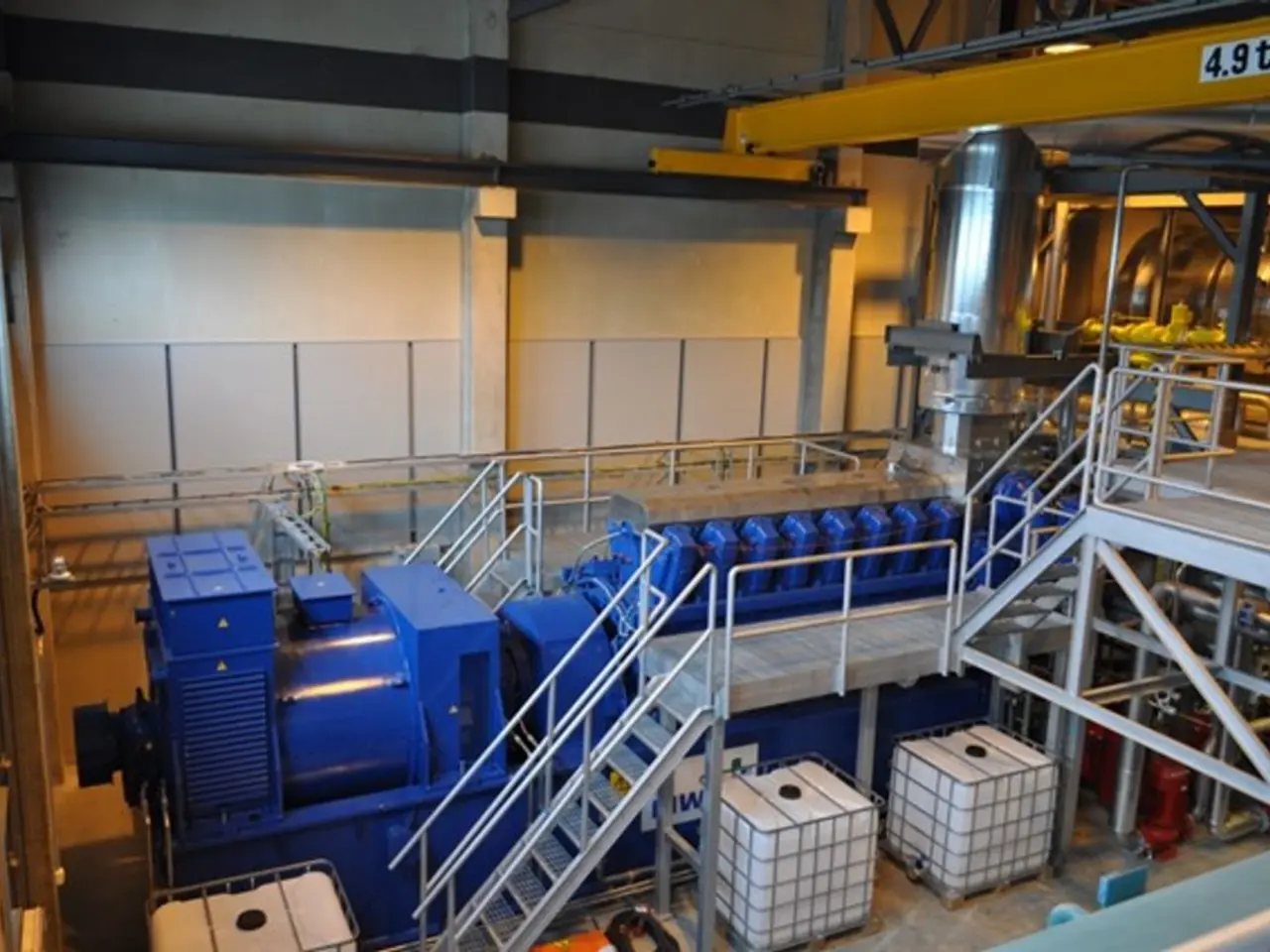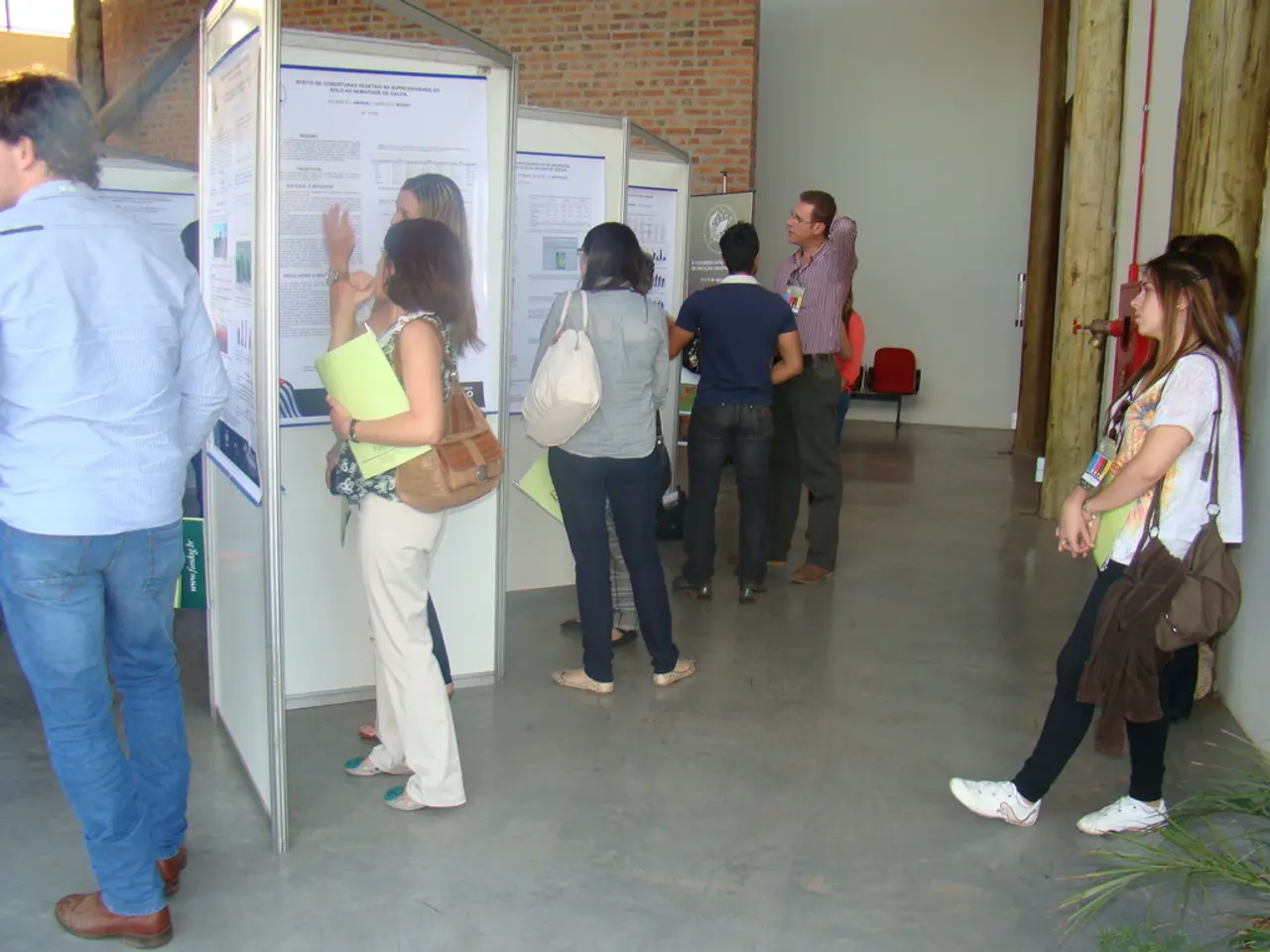AI Threatens Three Key Professions, as Per Bill Gates' Assessment
Artificial Intelligence (AI) is reshaping the modern workforce, offering opportunities for growth and posing challenges for traditional roles. As AI advances, jobs in specific sectors face substantial risks of disruption. Bill Gates, a tech industry heavyweight, offers insights into the jobs most susceptible to AI automation.
Transportation and Delivery Jobs at Risk
Autonomous vehicles, such as self-driving trucks and cars, could displace millions of driving jobs, including truck drivers, delivery drivers, and taxi drivers. This shift in technology has already made strides with companies like Tesla, Waymo, and others actively working on autonomous vehicles. For truck drivers, in particular, the transition to AI-driven trucks may lead to significant job loss as AI systems can reduce human error, increase fuel efficiency, and optimize routes.
Manufacturing and Factory Jobs at Risk
The manufacturing sector, already impacted by automation, is expected to see increased AI transformation. Jobs such as assembly line workers, machine operators, and quality control inspectors, which involve repetitive tasks, are prime targets for automation. AI-powered robots can perform these jobs more efficiently, accurately, and without the need for breaks or rest, leading to cost savings and increased productivity. However, this shift in automation poses a challenge for low-skilled workers in the manufacturing sector, who may find themselves displaced without suitable career alternatives.
Retail Jobs at Risk
The retail industry is also experiencing the effects of AI and automation, with jobs in customer service, inventory management, and checkout tasks at risk. Self-checkout kiosks, automated inventory systems, and AI-powered chatbots are replacing traditional workers, making shopping more efficient while reducing the need for human employees.
While AI's threat to jobs in these sectors is apparent, Bill Gates does not view AI as an inevitable force for harm. Instead, he advocates for retraining and reskilling the workforce. Gates recommends that workers displaced by automation should be provided with access to training programs that help them transition into new industries, particularly those in the technology, healthcare, and renewable energy sectors. He also calls for greater investment in education systems that teach skills like creativity, emotional intelligence, and complex problem-solving - areas where humans can complement AI.
In conclusion, as AI continues to reshape the job landscape, societies can adapt by focusing on proactive policies, investing in education, and fostering an environment that supports displaced workers during the transition into future employment. Embracing AI's potential while ensuring the well-being of displaced workers is essential to building a thriving workforce in this new era.
(Enrichment Data Note: In his views on AI's influence on jobs, Bill Gates also anticipates significant job displacement in areas like healthcare and education, suggesting that humans will remain essential in certain areas but maintaining that AI's impact will be profound across various industries. He also hopes for a work-life revolution as AI frees people from mundane tasks, allowing for more leisure, creativity, and balance. Additionally, there is a broader discussion about using AI to augment rather than replace human talent. As AI shifts job landscapes, the need for continuous education and adaptation becomes increasingly important.)
- Bill Gates, a tech industry leader, predicts that AI will cause substantial disruption to jobs in various sectors, including transportation and delivery, manufacturing, and retail.
- Self-driving vehicles, such as AI-driven trucks and cars, may lead to significant job loss for truck, delivery, and taxi drivers.
- In the manufacturing sector, jobs like assembly line work, machine operation, and quality control inspection are vulnerable to AI-powered robots.
- The retail industry is being transformed by AI, with jobs in customer service, inventory management, and checkout tasks at risk due to self-checkout kiosks, automated inventory systems, and AI-powered chatbots.
- Bill Gates promotes retraining and reskilling the workforce to transition into technology, healthcare, and renewable energy industries, which may be less impacted by AI.
- Gates also advocates for investments in education systems that focus on creative, emotional, and problem-solving skills, areas where humans can complement AI.
- As Africa, with its untapped e-commerce and finance potential, continues to develop, it remains crucial to consider the societal impacts of AI on business, employment, and workforce management in logistics and transportation, and to ensure a supportive environment for displaced workers.




